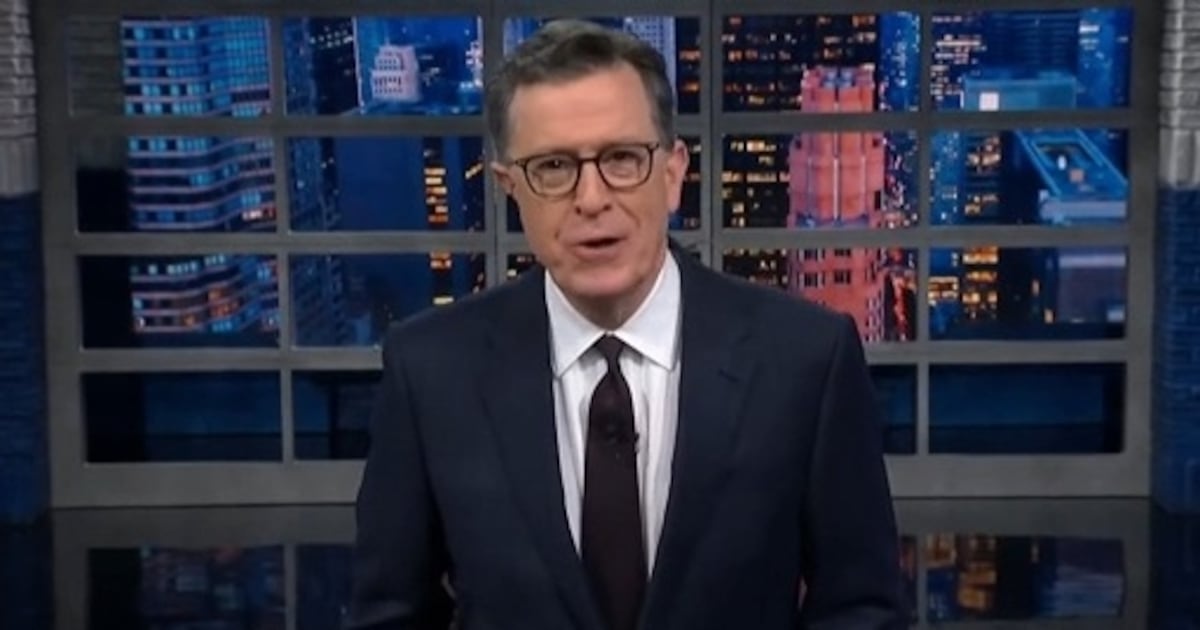Greta Gerwig’s brilliantly subversive and satirical Barbie opens in a literal dream house, where all is perfect and pristine. But—and it’s no spoiler to say this, since we’ve all been pummeled with trailers since last December—it doesn’t take long before a disturbance in the force casts a rain cloud over Barbie’s pink paradise.
Hitting play on the film’s accompanying soundtrack, Barbie The Album, gives you a similar sensation. After starting off strong with an A-list cast of stars who understood the assignment—Lizzo, Dua Lipa, and Billie Eilish among them—things hit a speed bump, and we tumble into drab-pop territory. And “drab” is certainly never a word that ought to be associated with Barbie.
Indeed, the soundtrack has its requisite share of glitz and glamor. Lizzo opens both the album and the movie itself with the fizzy, horn-laced “Pink,” which finds her narrating exactly what Margot Robbie’s titular idol is doing on screen and delivering this gem of a spelling lesson: “P: Pretty / I: Intelligent / N: Never sad / K: Cool!” There’s also the album’s lead single, Lipa’s disco-pop anthem “Dance the Night,” and Nicki Minaj and Ice Spice’s “Barbie World,” a drill flip of Aqua’s 1997 hit “Barbie Girl.”
An album filled solely with frothy, glossy pop anthems like those would have been boring and redundant—and, not to mention, disingenuous to Gerwig’s film, which strikes a surprising emotional chord. But the songs that work best on Barbie The Album are the ones that are in conversation with the movie, its characters, and its world. It’s why even a devastating ballad like Eilish’s “What Was I Made For?” works so well—it’s the emotional centerpiece of both the album and the movie, and it gives voice to Barbie’s internal monologue as she grapples with feelings of existential dread and self-doubt.
Not only that, but it also works because Eilish is one of the artists here who managed to take her musical style and adapt it to the specific world of Barbie. She’s not the only one—HAIM, for example, bring their wistful, pulsating indie-pop to “Home,” a heartfelt but decidedly non-cheesy meditation on learning to trust oneself: “I never thought that I could be the one to open my eyes,” Danielle Haim sings. Similarly successful are Tame Impala’s predictably psychedelic “Journey to the Real World,” Dominic Fike’s earnest earworm “Hey Blondie,” and Charli XCX’s “Speed Drive,” which takes her grimy, hyper-pop sensibilities and dials things up a notch by sampling Toni Basil’s “Mickey.”
And then there’s Sam Smith, who shines on the sublimely cheeky “Man I Am,” one of the album’s two Ken-centric cuts. Smith’s song is an anthem for machismo about six packs, strip clubs, Wall Street, cars with dirty wheels, and being “so beefed-up you can’t get through the door.” And hearing Smith, who is non-binary and genderqueer, adopt an “I’m Too Sexy”-esque robo-growl to sing lyrics like, “No I’m not gay, bro, but I’ve been on that lay-low” to emphasize the absurdity of Ken’s macho utopia is just brilliant. Equally down to play is Ryan Gosling, who resurrects his inner Mouseketeer with the ’80s power ballad “Just Ken,” in which his sweet, well-meaning himbo gets his moment in the spotlight to ask the critical questions: “Is it my destiny to live and die a life of blond fragility?”
Through the first 11 or so tracks, executive producer Mark Ronson’s flair for curation seemingly remains impeccable; this is the mastermind who, every few years, decides to round up some of his favorite artists and bless us with a stylish, collage-style album that reminds us the man’s got taste. It doesn’t seem like a coincidence, then, that Ronson doesn’t appear in the production credits for the Barbie The Album songs that hit the aforementioned speed bump. The Kid LAROI and Khalid each contribute instantly forgettable cuts that don’t sound like they have anything to do with Barbie. Ditto for Ava Max’s “Choose Your Fighter,” which sounds like nothing more than a B-side to her 2020 single “Kings & Queens,” and GAYLE’s “butterflies,” which, at the very least, aims for some originality by flipping Crazy Town’s “Butterfly” into a bratty, angsty rager.
Ronson ultimately does, however, get points for attempting to diversify Barbie The Album with a surprising mix of genres and styles, even when they feel merely tacked on. British bedroom pop wunderkind PinkPantheress brings her singular vision to “Angel,” while Latin pop star Karol G contributes the reggaeton jam “WATITI,” and FIFTY FIFTY follow their viral hit “Cupid” with the almost sickeningly sweet K-pop confection “Barbie Dreams,” about living a “perfect plastic life from a magazine.”

And in a last-minute surprise for fans who hadn’t been privy to the complete tracklist, Barbie The Album ends with a cover of the Indigo Girls’ “Closer to Fine,” performed by Brandi Carlile and her wife, Catherine Carlile, who switch up the melody for an even more contemplative, slowed-down take on the 1989 classic. The Indigo Girls version is repeatedly featured in Barbie as a singalong moment for Robbie, and it stands to reason that, much like how Gen-Z TikTokers “discovered” Fleetwood Mac and the Cranberries in recent years and rocketed those groups to newfound virality, the Indigo Girls might be in for a resurgence of their own.
Chief among Barbie’s life lessons is that we can be anything we want, but it’s also OK if we just want to be ordinary. Barbie The Album leaves us with a similar sense of acceptance and possibility: It’s not as excellent or as fine-tuned as it could have been, thanks to a few busted interlopers, but there’s plenty of fun and plenty to enjoy as the Summer of Barbie rages on. And, once again, it gave us Ryan Gosling belting a power ballad—do we need much more than that?
Keep obsessing! Sign up for the Daily Beast’s Obsessed newsletter and follow us on Facebook, Twitter, Instagram and TikTok.
Read more of our Barbie coverage HERE.






